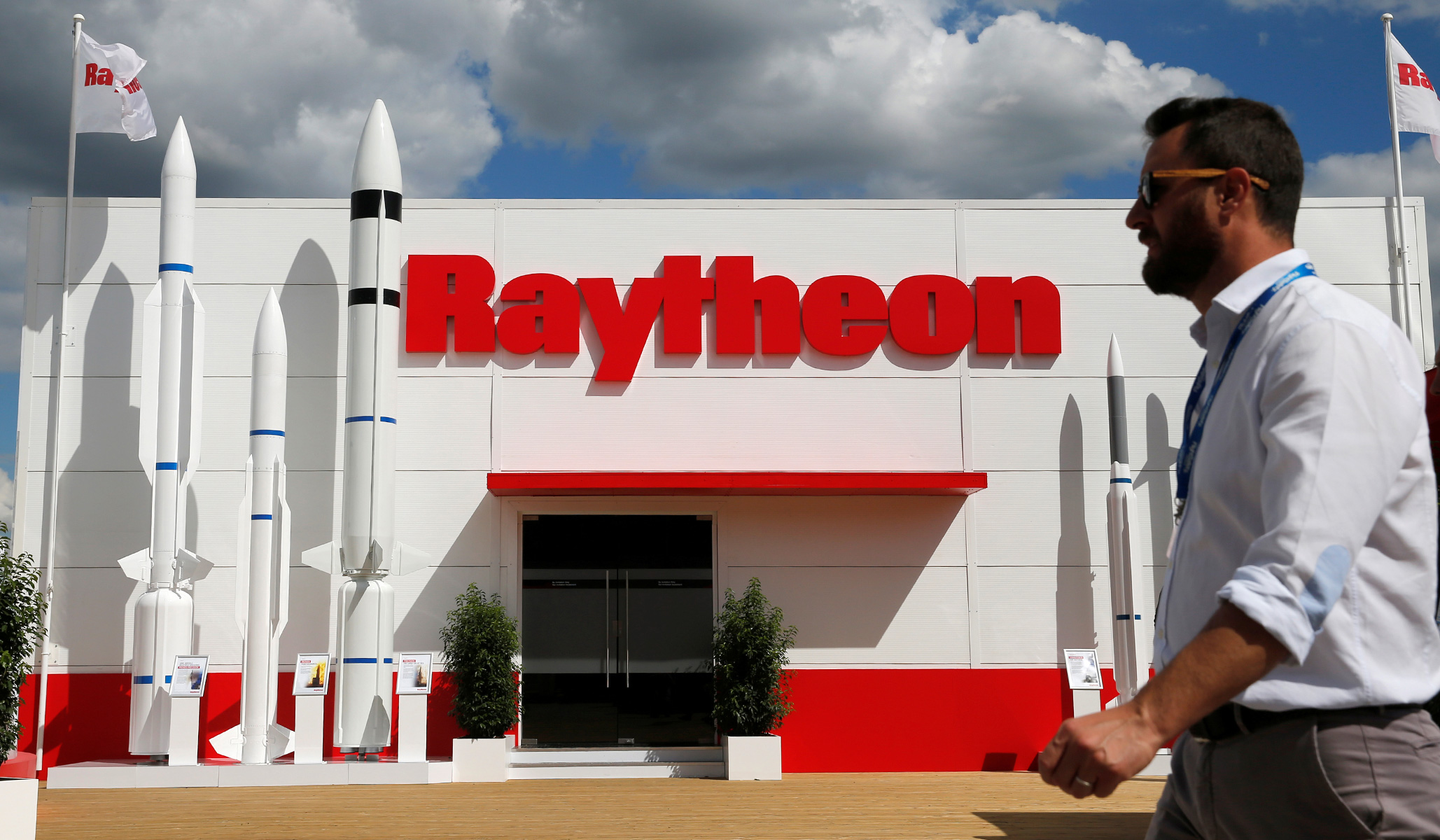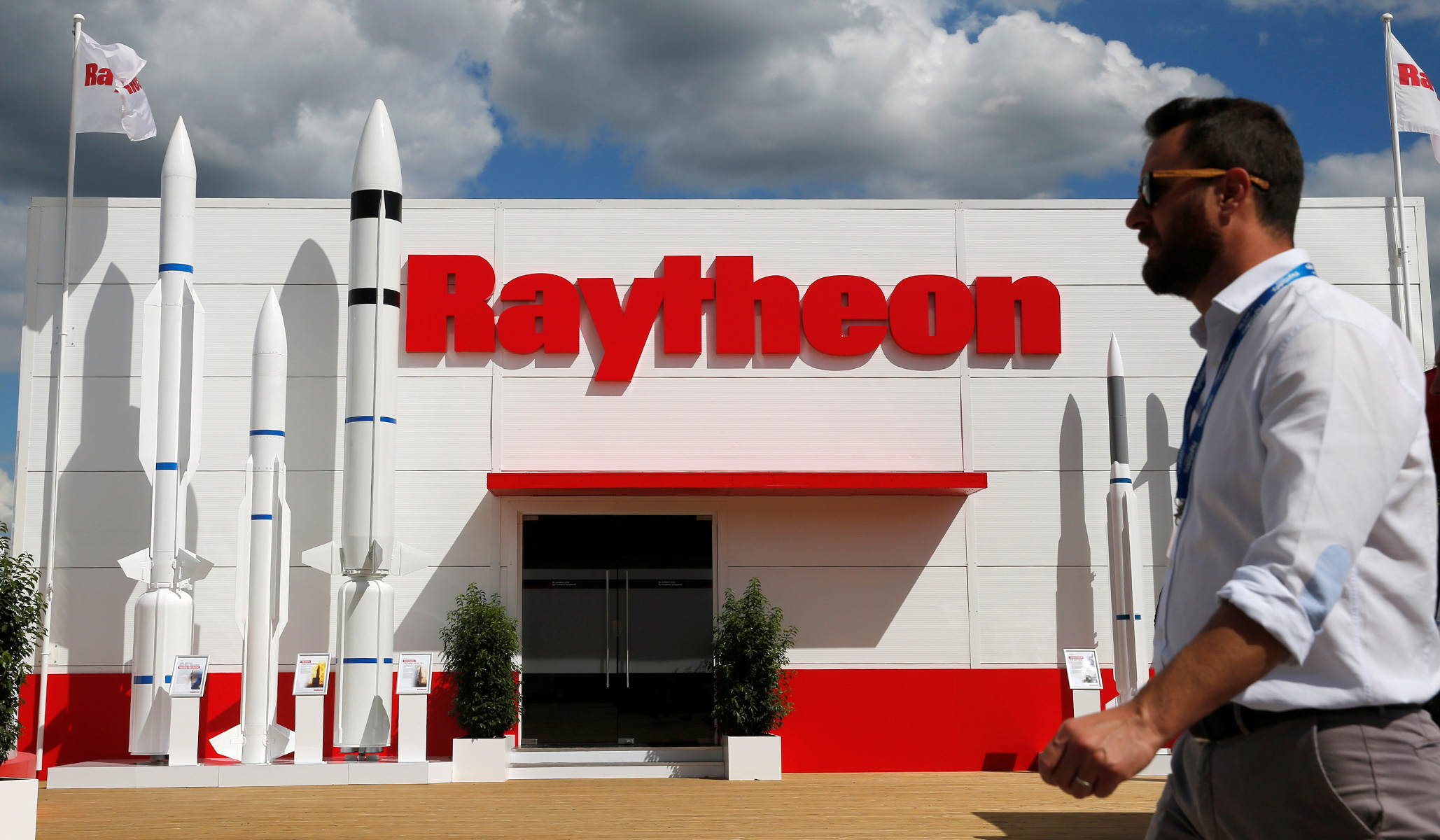
Investors who subscribe to the disciplines of ESG (that variant of “socially responsible” investment in which investors look at environmental, social, and governance concerns, and then decide to invest in China and Russia) can, at times, be remarkably — and, to the naïve, mysteriously — flexible. On other occasions, such investors can be absurdly rigid when it comes to defining what is or is not “socially responsible,” not least when it comes to the weight they should give to geopolitical realities in coming to their conclusions.
The attitude toward fossil fuels now displayed by some major investors reveals either no awareness of, or a remarkable indifference to, the advantages that ESG (indirectly) has handed/is handing Russia and China, something for which, over the longer term (a time horizon that ESG investors stress) is unlikely to benefit their clients. It won’t be so good in the short term, either.
But ESG is not just confined to climate issues, although it can sometimes seem like it.
Take armaments, and, by extension, defense.
The Financial Times (from November)
Defence executives are used to being targeted by antiwar demonstrators, who regularly try to gatecrash shareholder meetings and trade fairs. But now, the industry faces a different kind of adversary: socially conscious investors.
They are stepping up demands on companies to cut the carbon footprints of fuel-hungry fighter jets and battle tanks. At the same time, they are urging greater transparency over the manufacture and sale of weapons following a recent surge in environmental, social and governance investing.
Some executives, particularly in Europe, fear the growing scrutiny, a lack of precise investment definitions and new sustainable finance proposals could ultimately lead to their sector being shunned completely, making them pariahs of the investment world.
These fears have prompted the ASD, the European trade federation, to write to the European Commission, warning that proposals on socially sustainable finance threaten to undermine their ability to invest, with banks and fund managers increasingly turning away from the sector…
Already banks and investors are cutting ties with the industry, said Alessandro Profumo, president of ASD and chief executive of the Italian defence group Leonardo.
“It is important that initiatives on sustainable finance do not contradict other EU policies,” he said. EU measures should “recognise the importance of the industry. . . . Defence is part of sustainability and must be recognised as such. Without security we cannot have sustainability.”
Robert Stallard, analyst at Vertical Research Partners, said: “ESG remains a big headwind for European defence companies, though it has yet to cross the Atlantic. The sector as a whole has been ‘blacklisted’ by many European investors, and even if defence companies replanted the Amazon they would still be on the blacklist.”
The Financial Times (February):
Artis Pabriks is not one to mince words. With European military and security tensions at their highest in decades, Latvia’s defence minister used an interview with the Financial Times last week to eviscerate Germany for its “immoral and hypocritical” relationship with Moscow, daring to utter out loud what many in eastern Europe feel.
But the Latvian deputy prime minister also took aim at a more unusual target in the same interview: Swedish banks and investors.
He explained how he had seen an email a few months earlier from an unidentified Swedish bank — Swedbank and SEB dominate Latvia’s financial sector — refusing to give a loan to a Latvian defence company due to “ethical standards”. That follows a pattern of banks and investors, not just in Sweden but across Europe, refusing to back defence companies as it goes against their environmental, social and governance policies.
Pabriks was apoplectic. “I got so angry. How can we develop our country? Is national defence not ethical? How is the Swedish defence industry financed — by Martians?” he asked. . . .
The Daily Telegraph (February):
The invasion of Ukraine should remind investors of the ethical value of the defence industry, according to Serco chief executive Rupert Soames.
Serco has defence contracts with the UK, US and Australia. In recent years it has come under pressure to avoid bidding for work managing nuclear weaponry and other defence resources from funds concerned about the ESG (ethical, social and governance) impact of their money.
Mr Soames, a grandson of Winston Churchill, has become an outspoken critic of the trend.
This weekend he said it was anti-democratic to oppose defence contracts with democratic countries and that there is a risk that ESG funds undermine Western armed forces.
Mr Soames said: “I don’t think that type of investing has had an impact on the UK defence yet, but there’s a threat it will.”
“If you see what is happening to Ukraine, it’s easy to see that military defences are a social good and have an inherent social value.”
The threat that the blend of ESG and stakeholder capitalism poses to democracy because of the way that it can be used to bypass the democratic process ought not, by now, be a new argument. However, the fact that it may pose a threat to the defense of a democracy or democracies adds yet another malign twist to an ideology (and that’s what that blend is) that should have no place in the C-suite.
Nor, unless this is what the underlying investor, not the investment manager, has actively chosen does it belong in a portfolio.
Stocks go up and stocks go down (here at Capital Matters, we don’t make any recommendations), and there’s nothing I’d like more than the horror in Ukraine to pass, but a good portfolio manager looks at the world as it is, not at what he or she would like it to be.
Raytheon Technologies, the US defense giant and maker of the Stinger ground-to-air missile that Germany has pledged to supply to Ukrainian forces, has seen its shares price increase more than 10% since the invasion began last Wednesday. Raytheon’s stock rose over 4.6% on Monday and has risen more than 18% this year.

